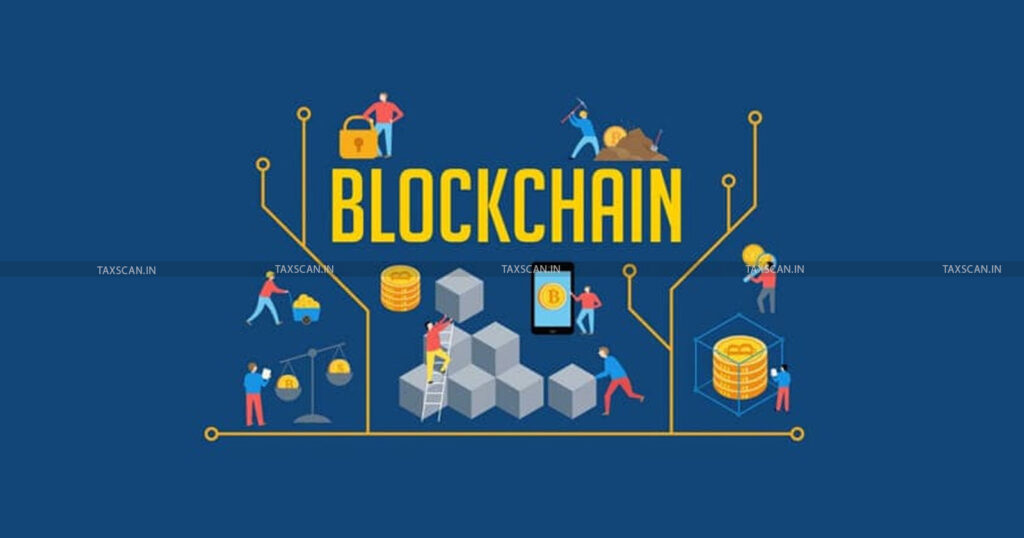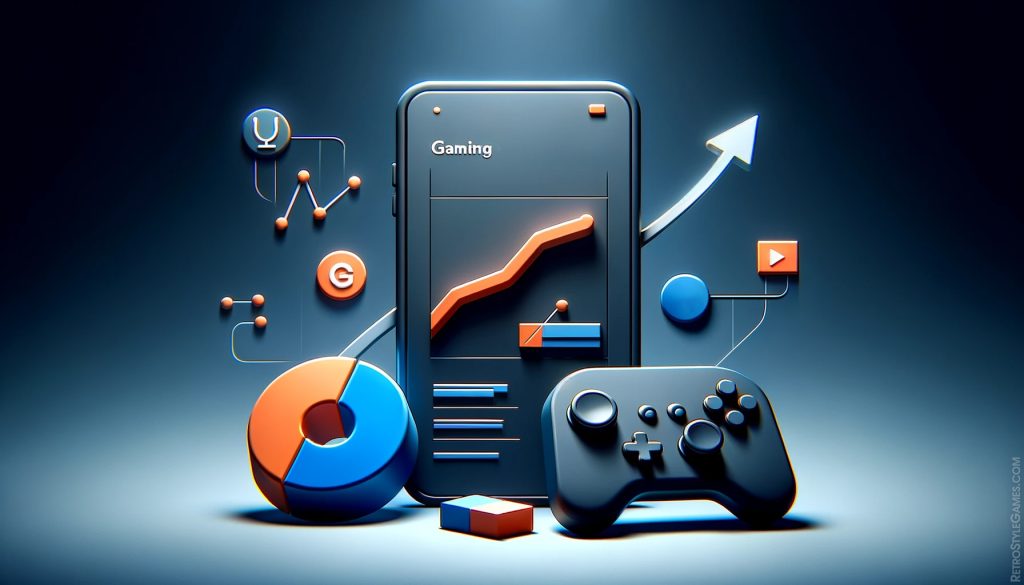In the ever-evolving world of digital marketing, staying ahead of the curve is crucial for success. With the rapid advancements in technology, digital marketing agencies must constantly adapt to new tools and trends to remain competitive. One such technology that is gaining significant traction is blockchain. While blockchain is often associated with cryptocurrencies like Bitcoin, its applications extend far beyond digital currencies. For digital marketing agencies, understanding blockchain technology is becoming increasingly important, as it offers numerous benefits that can enhance marketing strategies and deliver better results for clients.
The Basics of Blockchain Technology
Before delving into the specific implications of blockchain for digital marketing, it is important to understand the basics of the technology. At its core, blockchain is a decentralized and immutable digital ledger that records transactions across multiple computers in a secure and transparent manner. Each transaction, or “block,” is linked to the previous one, forming a “chain” of blocks, hence the name blockchain. This structure ensures that the data stored on the blockchain is secure, tamper-proof, and accessible to all participants on the network.
One of the key features of blockchain is its decentralization. Unlike traditional databases that are controlled by a single entity, blockchain operates on a peer-to-peer network where all participants have equal authority. This decentralized nature makes blockchain highly secure, as there is no central point of failure. Additionally, the transparency of blockchain ensures that all transactions are visible to participants, fostering trust and accountability.
The Role of RPC Node Providers in Blockchain
For digital marketing agencies looking to leverage blockchain technology, it is essential to understand the role of RPC node providers. RPC, or Remote Procedure Call, is a protocol that allows different software components to communicate with each other across a network. In the context of blockchain, RPC node providers manage the nodes that facilitate communication between participants on the blockchain network.
These nodes are critical for the functioning of blockchain networks, as they store copies of the blockchain ledger, validate transactions, and ensure the network’s security and integrity. For digital marketing agencies, partnering with reliable RPC node providers is essential for implementing blockchain-based solutions without the need to manage the complex infrastructure themselves.
The Impact of Blockchain on Digital Marketing
Blockchain technology offers several advantages that can significantly impact digital marketing strategies. One of the most notable benefits is the enhanced transparency and trust that blockchain provides. In an industry where trust is often lacking, blockchain’s transparent and tamper-proof nature can help rebuild consumer confidence in marketing efforts.
For example, in digital advertising, blockchain can be used to track and verify the delivery of ads in real-time. This ensures that advertisers are only paying for genuine engagements, as each interaction is recorded and verified on the blockchain. This transparency can help eliminate issues such as ad fraud, where bad actors manipulate metrics to deceive advertisers.
Another significant impact of blockchain on digital marketing is its potential to enhance data security and privacy. Data breaches and privacy concerns are becoming increasingly common, and consumers are more aware than ever of the risks associated with sharing their personal information. Blockchain’s decentralized and secure nature ensures that consumer data is protected, as it is stored across multiple nodes and cannot be tampered with. This enhanced security can help digital marketing agencies build trust with their audiences, leading to more successful campaigns.
Blockchain also has the potential to revolutionize influencer marketing. Influencer marketing has grown rapidly in recent years, but it is not without its challenges. Issues such as fake followers and inflated engagement metrics have plagued the industry, leading to concerns about the authenticity and effectiveness of influencer partnerships. Blockchain can address these issues by providing a transparent and immutable record of an influencer’s activities and engagements. This allows brands to verify the authenticity of an influencer’s following and ensure that they are getting value for their investment.
The Future of Blockchain in Digital Marketing
As blockchain technology continues to evolve, its impact on digital marketing is likely to grow. One area that holds particular promise is in the realm of consumer data management. With blockchain, consumers can have more control over their data and choose to share it with marketers in exchange for rewards or incentives. This data is stored securely on the blockchain, and consumers can revoke access at any time. This approach not only enhances data privacy but also fosters a more positive relationship between consumers and brands.
Another promising application of blockchain in digital marketing is in the area of loyalty programs. Blockchain can be used to create decentralized loyalty programs where consumers earn rewards for engaging with a brand. These rewards are stored on the blockchain, and consumers can redeem them for products or services. The transparency and security of blockchain ensure that these loyalty programs are fair and trustworthy, enhancing the overall customer experience.
Challenges and Considerations
While the potential of blockchain in digital marketing is immense, there are also challenges that need to be addressed. One of the primary challenges is the complexity of the technology. Implementing blockchain solutions requires a deep understanding of the technology, as well as the ability to manage and maintain blockchain networks. This is where RPC node providers come into play. By partnering with experienced RPC node providers, digital marketing agencies can overcome these challenges and implement blockchain solutions more effectively.
Another challenge is the scalability of blockchain networks. As the number of transactions on a blockchain network increases, the network can become slower and less efficient. Digital marketing agencies need to work with RPC node providers that have the expertise to optimize blockchain networks and ensure that they can scale to meet the demands of large-scale marketing campaigns.
Conclusion
In conclusion, blockchain technology offers numerous benefits for digital marketing agencies, from enhanced transparency and trust to improved data security and privacy. As the technology continues to evolve, its impact on digital marketing is likely to grow, with new applications and solutions emerging to meet the needs of an increasingly sophisticated audience. For digital marketing agencies, understanding blockchain and partnering with reliable RPC node providers is essential for staying ahead of the curve and delivering better results for clients.






